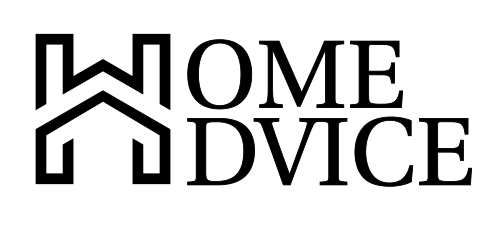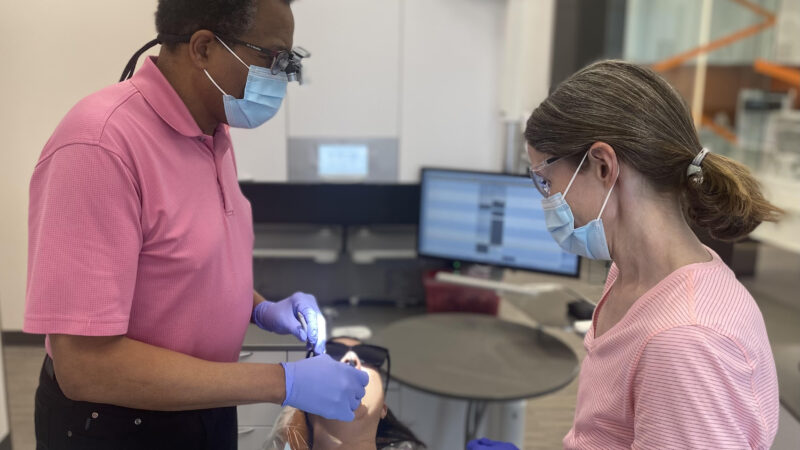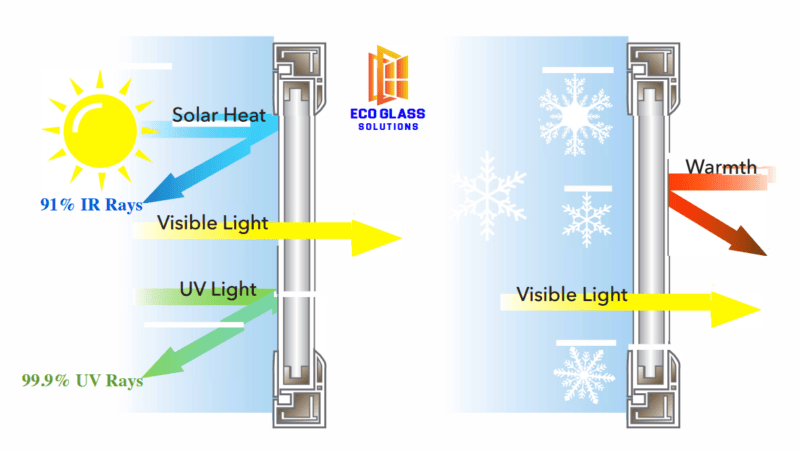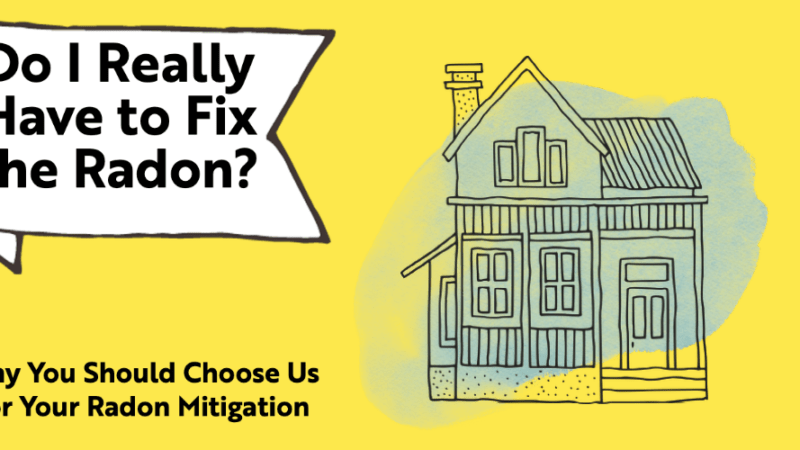Radon
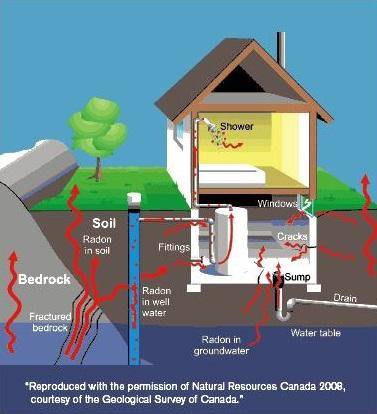
Radon-The Silent One What is radon gas you might ask? Radon is a radioactive gas, which occurs naturally as an indirect product of the breakdown of uranium and thorium in soil, rock and water. It is colourless, odorless and tasteless. At this point you may be asking why being aware and educated about radon has any relevance to you, your family and your home. The answer is quite simple.
Radon gas seeps through cracks in the foundation of a home, floors and walls, and any openings around pipes, sump pumps and drains. Homes with well water may be exposed to this gas as well. It is also known to emit at very low levels from granite countertops; levels lower than the gas occurring in homes. It is the major contributor to lung cancer in non-smokers, as well as smokers. Whether your home is old or new is apparently of no relevance, as newer homes that are tightly sealed may in fact allow the gas to build up in the house. The location of the gas varies with geographical locales. The good news is that it is entirely preventable by means of testing.
Short-term test kits are available at most hardware stores and are relatively inexpensive. They would be placed in the lowest part of your home between a few days and up to 90 days, at which time you would send the kit on to the manufacturer for testing. Longer term testing requires a period of 90 days and over. Radon levels change according to time of day and season, and could be higher at night and in colder weather when the house is sealed up and warm. Another option is to hire a specialist to test for radon in your home. Active testing – continuous monitoring – requires equipment that runs on energy. This equipment is used by certified radon testing companies and typically more expensive to run. There are specific outlines as to how to test your countertops as well if these may be a concern to you.
It seems feasible that in the near future manufacturers will be required to test their materials, as they are currently not required to do so. If your test results reflect the presence of radon gas call a specialist for radon mitigation. Go to https://c-nrpp.ca/find-a-professional/ They can identify where the radon is entering, seal cracks and install special venting. For more information on the gas and its mitigation please visit Health Canada’s website:
https://www.canada.ca/en/health-canada/services/health-risks-safety/radiation/radon.html
Homeowners always want to create a safe and healthy environment for their homes, families and pets; therefore it pays to be educated and aware, and take appropriate measures to ensure the safety of all.
